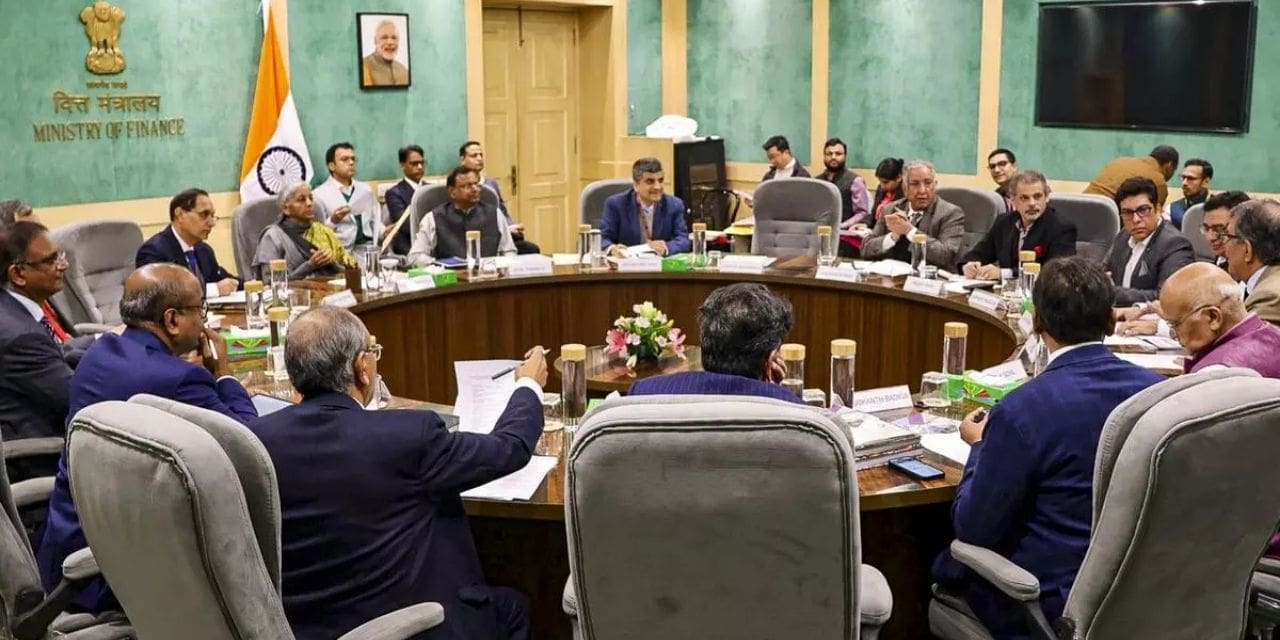Exporter organizations have requested a three-year dedicated fund with an annual outlay of ₹250 crore in the Budget of FY2025-26 in order to take advantage of the opportunities that are expected to come from the Trump administration’s planned tariff hike on Chinese goods. Additionally, the government has been encouraged to extend the Interest Equalization Scheme (IES).
Finance Minister Nirmala Sitharaman presided over a pre-Budget consultation held here on Thursday, where these demands were expressed. On February 1, she is expected to deliver the Union Budget.
“To generate additional exports of $25 billion, a marketing scheme focusing on the US with a corpus of ₹250 crore per year (₹750 crore overall) for three years may be launched,” stated Ashwini Kumar, President of the Federation of Indian Export Organizations (FIEO).
Trump tariff
On January 20, Trump will become the new president of the United States. He declared that until China stops the flow of illegal narcotics into the United States, it will be subject to greater tariffs on its imports, 10% higher than any current levies.
Seeing an opening, Kumar believed that increased tariffs on China may significantly boost Indian exports, especially in industries where China has historically been a major supplier. India can take the position of China in industries like electronics and electrical equipment ($10 billion in additional export potential), textiles and clothing, toys, chemicals, auto parts, footwear, furniture, and home décor, according to a FIEO research.
Regarding credit rates, Kumar stated that the IES is only accessible to manufacturers in MSME (micro, small, and medium-sized enterprises) until December 31, 2024, and that the annual maximum of ₹50 lakh per IEC (import-export code) holder is insufficient for many MSMEs.
He added that the government should consider restoring the 5% subvention for MSMEs, which was lowered to 3% when the repo rate was lowered to 4.4%. “If the IES is extended, it would help level the playing field by reducing the cost of credit for Indian exporters, improving their price competitiveness in the global market,” he said.

